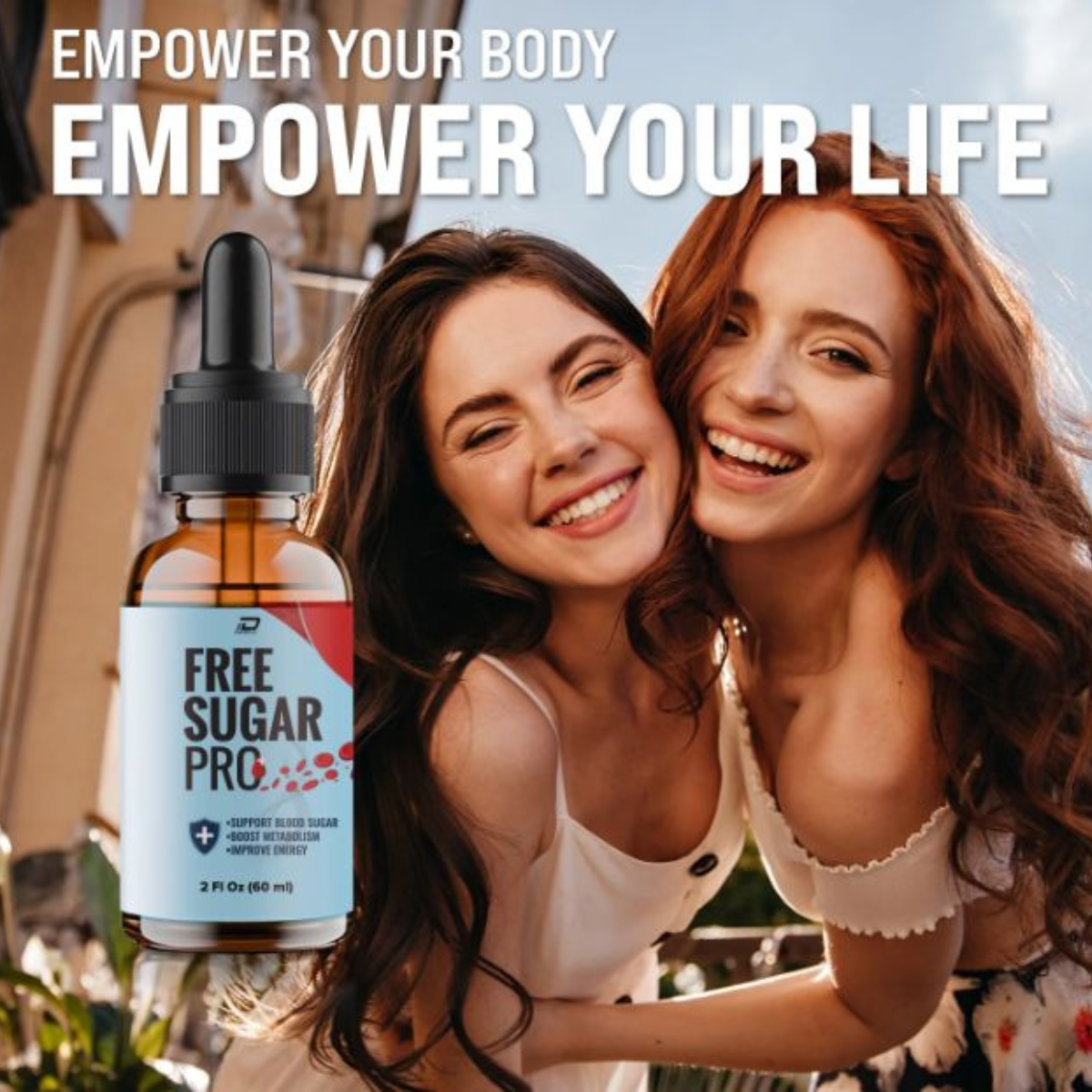Sunlight is essential for life on Earth, and its absence can have notable impacts on human health. Sunbathing, even in small doses, is the body’s main way of producing vitamin D, an essential nutrient for healthy bones, immune function and general well-being. But what happens if you go a year without sunbathing?
Although some people can live in regions with little sunlight for long periods, such as Nordic countries, and still maintain good health, a complete lack of sun exposure can lead to deficiencies that affect both the body and mind.
The impact of this condition can vary depending on diet, supplement use, and other factors. Science shows that there are ways to compensate for the lack of sunlight, but not all solutions are ideal for everyone. Let’s understand how the body reacts to prolonged absence of sun exposure and whether it is really necessary to sunbathe to stay healthy.
What happens to the body if it is left without sun for a year?
Spending a year without sunbathing can cause a series of changes in the body. Experts’ main concern is vitamin D deficiency, which depends on exposure to UVB rays to be synthesized by the skin. This deficiency can lead to problems such as:
- Most fragile bones: Vitamin D is essential for calcium absorption. Its deficiency can result in osteoporosis or osteomalacia in adults and rickets in children.
- Compromised immunity: People with low vitamin D may be more susceptible to infections and autoimmune diseases.
- Changes in mood: lack of sun exposure can be associated with seasonal depression, a condition that often occurs in regions with long winters. Despite this, experts still debate whether vitamin D supplementation would completely solve the problem, as sunlight also directly affects neurotransmitters such as serotonin.

However, it is important to highlight that there are populations that live in areas without sun for long periods, such as in Scandinavia, which consequently makes them stay longer without sunbathing, and many of these people maintain good health.
This is because these populations often include foods rich in vitamin D in their diets, such as oily fish, and use supplementation when necessary, always with medical supervision.
Also read:
Although vitamin D supplementation is an effective solution, it must be done under medical supervision. Taking excessive doses can cause toxicity, leading to serious side effects such as kidney stones and cardiovascular problems.
Furthermore, some people may not show obvious symptoms of deficiency, even after long periods without sun, which reinforces the importance of regular tests to monitor vitamin levels in the blood.
Is sunbathing really necessary?
The relationship between sun exposure and health is controversial. Although sunlight is the most natural way to stimulate vitamin D production, many experts recommend that vitamin D deficiency be treated with supplements rather than sun exposure.

Risks of unprotected sun exposure
Sunbathing without protection can bring more risks than benefits, including:
- Skin cancer: Prolonged sun exposure significantly increases the risk of melanoma, the most serious type of skin cancer.
- Premature aging: UV rays degrade collagen, causing wrinkles and sagging.
- Spots and worsening of skin conditions: Problems such as dermatitis and post-inflammatory hyperpigmentation can worsen with sun exposure.
- Irreversible damage to the skin: Even small exposures accumulated over a lifetime can cause permanent damage, such as deterioration of the skin barrier and sunburn.
Organizations such as the Brazilian Society of Dermatology (SBD), the FDA and the WHO emphasize that the benefits of unprotected sun exposure are limited and that there is no guarantee that it will be sufficient to prevent vitamin D deficiency. sun and still have low levels of this vitamin due to genetic factors, age, skin tone or health conditions.
How to get vitamin D safely
Experts recommend that vitamin D be obtained primarily through diet or supplementation. Foods such as salmon, sardines, egg yolks and fortified milk are good sources of the nutrient. Supplementation is an effective and safe alternative, as long as it is monitored by a doctor.
It is not recommended. Even small, unprotected exposures can cause cumulative damage to the skin, including cancer and premature aging.
The information in this text is informative and does not replace guidance from health professionals. Consult a doctor or specialist to evaluate your case.



